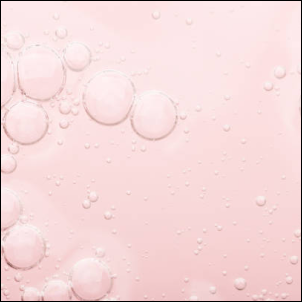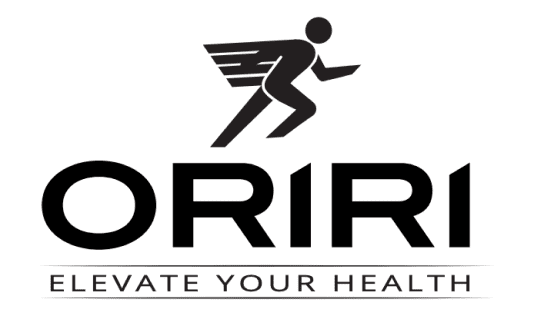
Potassium
Potassium is an essential electrolyte that plays a key role in maintaining proper hydration, muscle function, and nerve signaling.
Potassium After Drinking Alcohol
Alcohol consumption leads to increased urine production, causing a loss of electrolytes like potassium. Low potassium levels can contribute to dehydration, fatigue, and muscle weakness. Replenishing potassium after drinking helps:
-
Restore Electrolyte Balance: Potassium helps regulate fluid balance in your body, ensuring proper hydration and reducing the symptoms of dehydration such as headaches and fatigue.
-
Support Muscle and Nerve Function: Proper potassium levels are crucial for muscle contraction and nerve signaling, which can be disrupted after drinking due to dehydration.
Potassium During and After Exercise
- Maintains Fluid Balance: Potassium works with sodium to regulate fluid levels in and out of cells, ensuring your body stays hydrated during and after exercise.
- Preventing Muscle Cramps: Adequate potassium levels help prevent cramps and support proper muscle function during physical activity.
- Enhancing Recovery: After exercise, potassium aids in replenishing lost electrolytes, speeding up muscle recovery, and reducing post-workout soreness and fatigue.
Other Article
-

Sodium
Sodium is an essential electrolyte that helps regulate the balance of fluids in your body. It works in conjunction with other electrolytes, such as potassium and chloride, to manage fluid distribution between cells and the bloodstream. After drinking alcohol or intense exercise, sodium helps rehydrate the body more efficiently by promoting water retention and maintaining the balance of fluids within the body’s cells.
Sodium After Drinking Alcohol
Alcohol is a diuretic, meaning it increases urine production and causes the body to lose water and electrolytes, including sodium. This loss can lead to dehydration, headaches, and fatigue. Consuming sodium after drinking alcohol helps:
-
Restore Electrolyte Balance**: Sodium replenishes the electrolytes lost due to alcohol’s diuretic effects, preventing or alleviating dehydration.
-
Reduce Dehydration Symptoms
-
Adequate sodium intake post-alcohol can reduce symptoms like headaches, fatigue, and dizziness by promoting better water absorption and retention.
Sodium During and After Exercise
Exercise causes the body to lose sodium through sweat. If sodium levels become too low, it can impair performance and recovery. Sodium is beneficial during and after exercise because it:- Maintains Fluid Balance: During exercise, sodium helps prevent dehydration by retaining water and ensuring proper distribution of fluids throughout the body, which supports muscle function and endurance.
- Supports Muscle Function: Sodium is critical for muscle contraction and nerve function. Maintaining proper sodium levels helps reduce the risk of muscle cramps and fatigue during prolonged or intense physical activity.
- Aids Recovery: After exercise, sodium replenishes the electrolytes lost through sweat, speeding up recovery, preventing cramps, and reducing fatigue. It also helps your body rehydrate more effectively by promoting water absorption.
Enhancing Performance
For athletes or individuals engaging in prolonged or high-intensity workouts, maintaining an optimal sodium level can enhance endurance and performance. Sodium helps:- Prevent over-hydration or hyponatremia (low sodium levels), which can be dangerous.
- Support energy production and muscle contraction by ensuring the proper balance of fluids and electrolytes in the body.
Whether recovering from dehydration caused by alcohol or replenishing electrolytes lost during exercise, sodium helps optimize hydration, prevent muscle cramps, and promote quicker recovery, making it a crucial component in any hydration or recovery formula.Read More -


